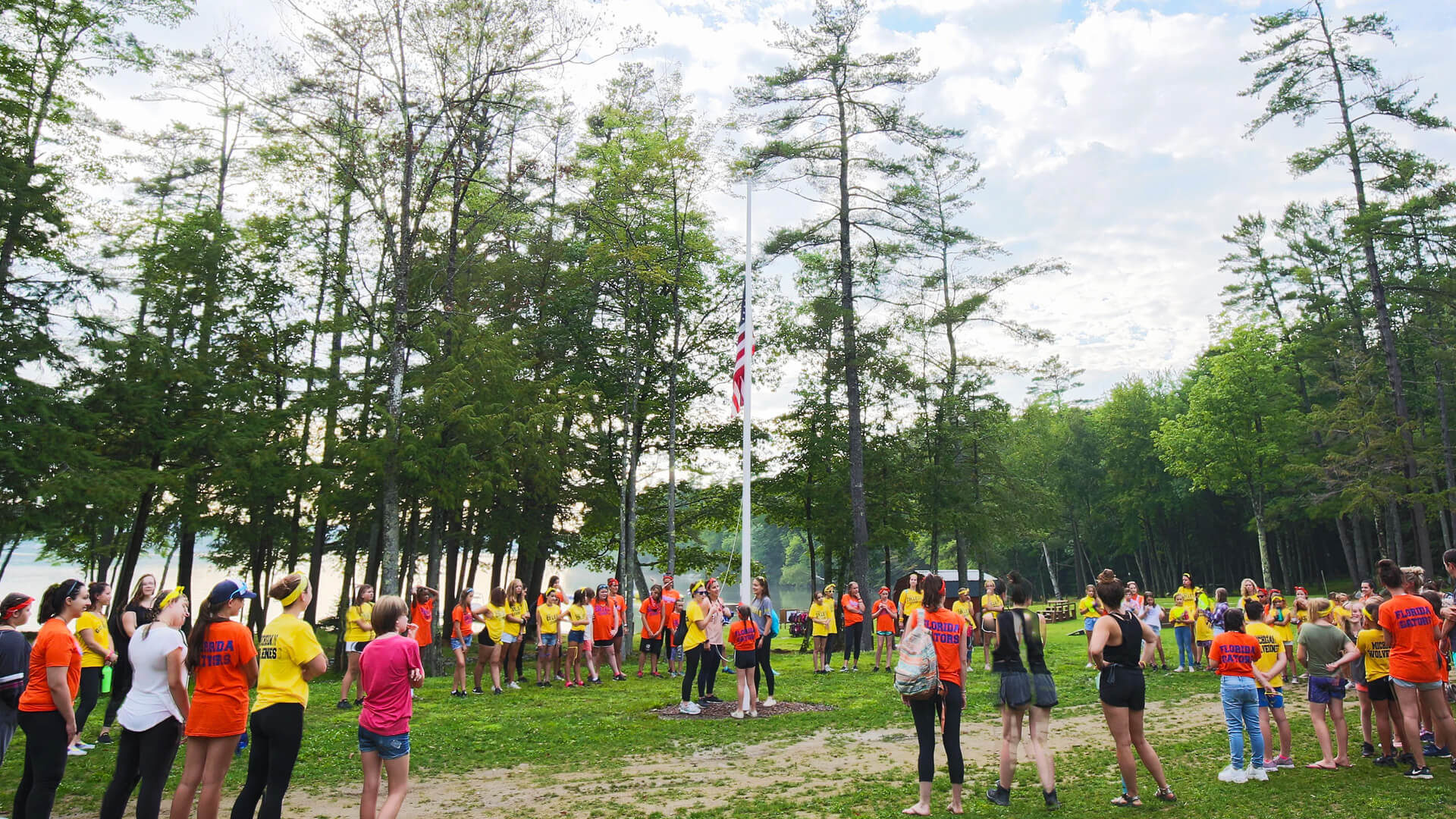1 in 5 children in the U.S. will experience the death of someone close before they turn 18.
The first years of every child’s life should be filled with opportunities to explore, to wonder, to look ahead, to feel connected. But when a child experiences the loss of someone important in their lives, these opportunities often get replaced with guilt, anxiety, regret, and, maybe worst of all, isolation. In these cases, it’s not just grief these children bear, but the feeling that they will never get back their capacity for happiness.
When a grieving child finds their community of support, something remarkable happens. They realize they are not alone. They find profound strength. They learn to heal. They begin to reconnect. In the midst of loss, they rediscover childhood.
Many grieving children never find the community of support they need to recover and thrive.
Childhood loss can have a profound lifelong impact, determined by whether their foundation is built on hopelessness and despair or the support needed to thrive and succeed. Research shows that children who experience unresolved grief are far more likely to face anxiety and depression and engage in risky behaviors that can undermine their futures.
Check out this 20-min look at our camp program. Produced by Brut Media, winner of the 2023 Telly Award (GOLD) and “Most Impactful Film” award at the Social Impact Film Festival
Our Approach
Our clinically-informed model promotes peer support and healthy expressions of grief. And then there are s’mores.
Each camp is overseen by a Program Director and Clinical Director with a master’s degree in mental health who facilitates activities designed to build coping skills, promote personal connections, and foster healthy expressions of grief.
Our 45+ licensed clinicians ensure that we have a grief specialist on hand for every bunk. We also engage more than 700 carefully vetted and well-trained volunteers to deliver a camper-to-counselor ratio of 3:1.
Over the past decade, we have successfully designed programs grounded in modern grief theories, such as the Dual Process Model and Continuing Bonds. These models show that kids grieve by fluctuating between confronting and then avoiding loss. At camp, we see this fluctuation multiple times a day as kids transition from athletic competitions to grief sharing circles to dance parties. We give them permission to move through their natural childhood emotional rhythms and lean into happiness with music, laughter, friendship, and a perfectly toasted marshmallow.
Our model starts with play — the common language of childhood and a cornerstone of positive social emotional development.
We give campers permission to be kids again: to sing at the top of their lungs, pour themselves into a game, and explore their inner selves and outer world with other kids who “get it.” Which is why 88% of our campers return year after year for a continuous progression of support. A child’s grief changes at each developmental stage, and the coping skills they need can change, too.
Through this opportunity to return each year—as well as programs that see them through their young adult years—we are able to provide our kids a safe, familiar environment to process grief milestones and moments, whether it’s a missed father-daughter dance or a high school graduation. By developing a healthy approach to grief, Experience Camps allows kids to envision a life full of possibility.
